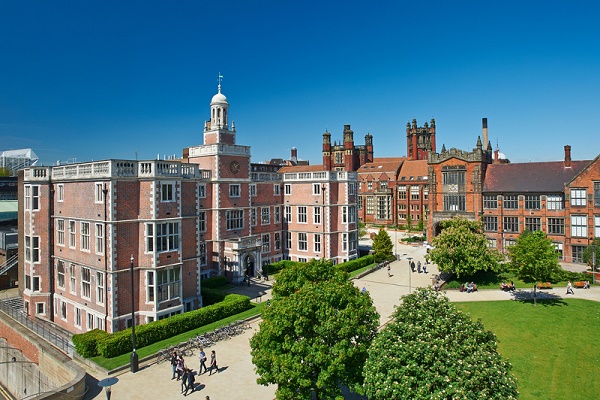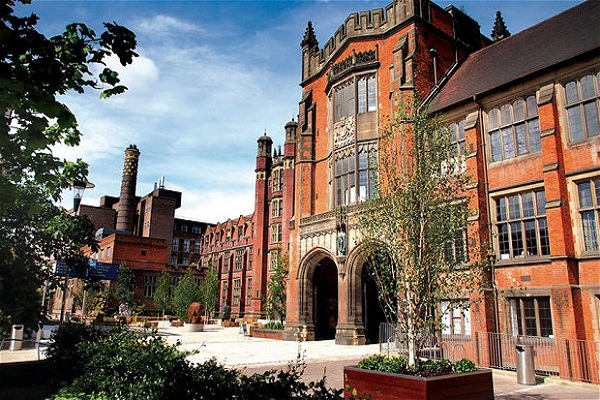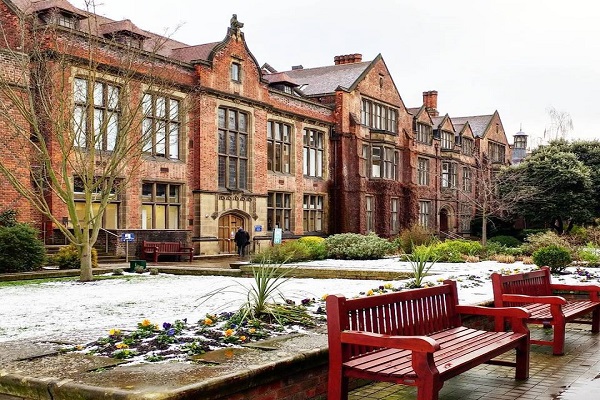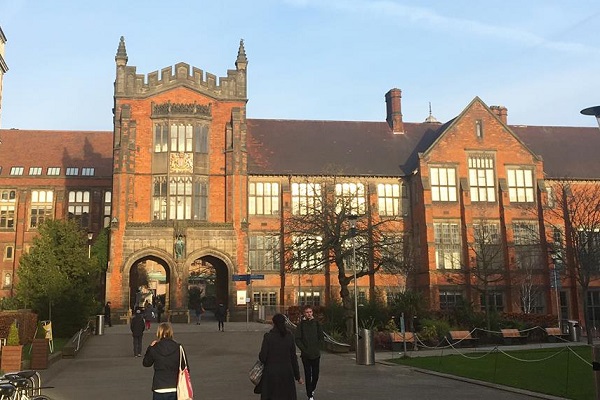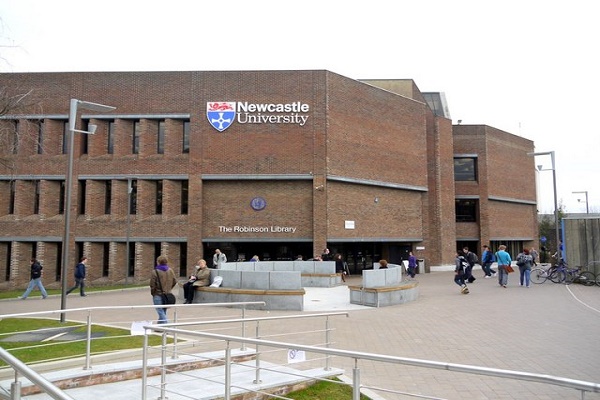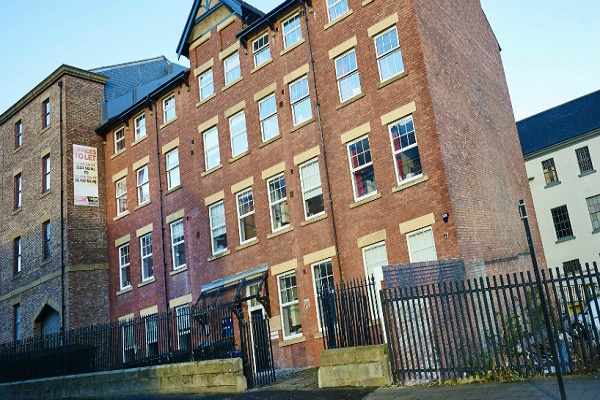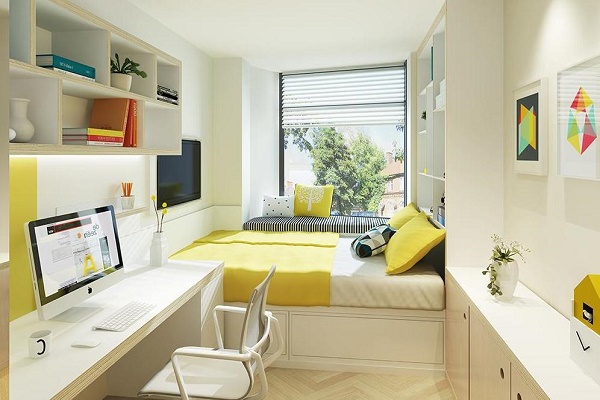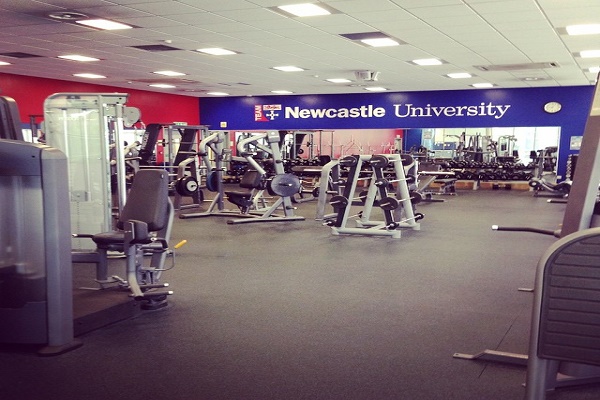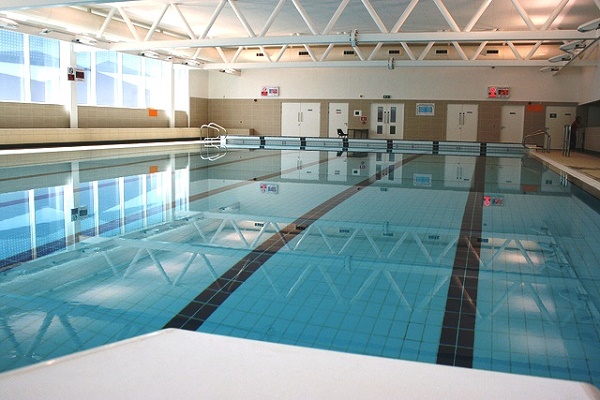| Class 12th | No specific cutoff mentioned
|
|---|
| Bachelors | 60.0%
- A 2:1 honours degree, or international equivalent, in architecture. university prefer this to be recognized by the Architects Registration Board (ARB) as successful completion of the Royal Institute of British Architects (RIBA) Part I
- Applicants will be considered on an individual basis with a lower or non-accredited qualification providing they submit a strong portfolio and evidence of personal development
- Typically, 60% from section 1 universities, 62% from section 2 universities, and 65% from section 3 universities as compared to a 2.1 is recognized
- This can be in any of the following qualifications:
- Bachelor Degree
- Bachelor Pass or General degree in Arts, Science or Commerce
- Bachelor Special or Honours degree
- Bachelor degree in professional subjects
|
|---|
| Exams | IELTS: 6.5
- With a minimum of 5.5 in all sub-skill
PTE: 62
- With a minimum of 51 in all sub-skills
|
|---|
| Additional info |
- Applicants will be waived from English language Proficiency scores if they have scored 75% in the Indian 12th Standard Examination - CBSE/ISC (National Boards)
- Applicants will need to submit a portfolio and may need to attend an interview
- Portfolio guidelines:
- It should be comprehensive, but you don't need to show all your work. You should present a wide variety of projects to show different approaches and techniques
- It should be chronological with the most recent work at the end
- You should include examples of your final year undergraduate projects. In light of your practical experience, you could provide a reflection of how this work could have been better. You can support your explanation with drawings and/or photographed models
- You should include examples of work from your year(s) in practice
- when constructing your portfolio consider that you will not be present when it is assessed
- You may wish to explain your experience and approaches with critical self-reflection. In relation to your professional practice, explain your role and what you did
- You should state examples of group work
- You should include highlights from sketchbooks or exploratory work that shows project development
- You should show photographed examples of physical models that explain your projects
- You can include projects from competitions in your portfolio.
- Submissions may be computer-generated or hand-drawn in ink/pencil. Text may be word-processed or freehand
- your portfolio will not be returned
|
|---|
